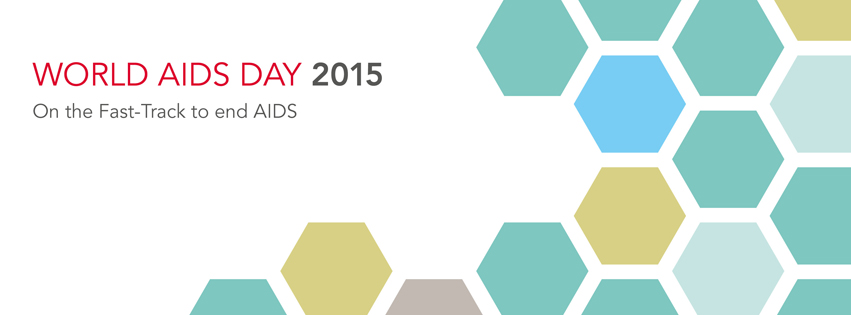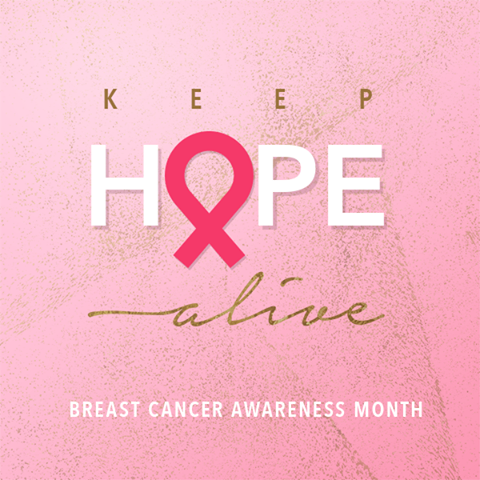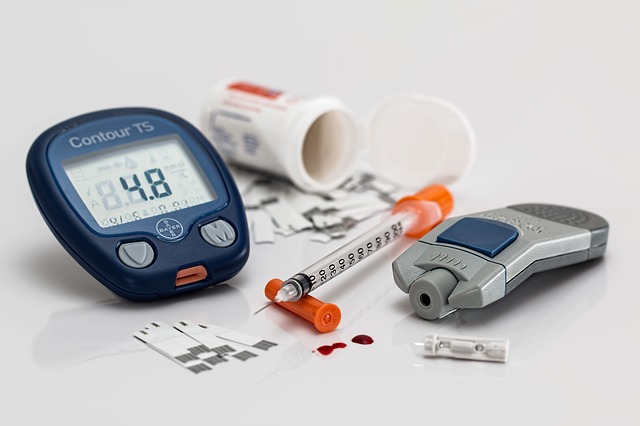Last Updated on February 7, 2020
Yesterday, December 1, has been known as World AIDS Day since 1988. In the past 27 years, access to care has grown so that 15 million people are able to get life-saving HIV treatment. New HIV infections have been reduced by 35% since 2000; AIDS-related deaths have been reduced by 42% since the peak in 2004. This year’s theme for World AIDS Day is “On the Fast-Track to end AIDS,” and aims to increase investment in the next five years with the goal of reducing HIV infection by 89% by 2030.

AIDS (Acquired Immune Deficiency Syndrome) is the advanced stage of HIV (Human Immunodeficiency Virus) which can be transmitted through the exchange of bodily fluids, most commonly through sexual contact or transfusing blood unsafely (i.e., intravenous drug use) with someone who is infected. A mother could also transmit the virus to their child during pregnancy, birth, or breastfeeding. The HIV infection attacks the immune system until an opportunistic infection such as certain kinds of pneumonia, toxoplasmosis, as well as rare cancers and brain illnesses are contracted, at which time the diagnosis has progressed to AIDS. There is no cure for HIV or AIDS, though there are life-extending treatments.
Since HIV/AIDS became a public health concern in 1981, over 34 million people have died from AIDS-related complications worldwide. An estimated 1.2 million people died from HIV-related causes in 2014 alone. At the beginning of 2015, approximately 36.9 million people were living with HIV, with 2 million newly diagnosed in the year prior. The World Health Organization (WHO) estimates that only 53% of people with HIV are aware of their status.
In the US, 1.2 million people are living with HIV—with over 12% of whom are unaware. The White House has updated the National HIV/AIDS Strategy to 2020 this year, and organizations like Planned Parenthood provide STI testing—including HIV—at low-cost to those in need. In a previous blog post, we outlined the many services Planned Parenthood provides to men and women. In 2013, Planned Parenthood provided over 700,000 HIV tests.
While others work towards an AIDS-free generation, NeedyMeds has information for those looking for help with a diagnosis. In a previous blog post we have outlined Ryan White HIV/AIDS Programs. The NeedyMeds website also has a Disease Information Page for HIV/AIDS with links to other resources. There we list the medications often prescribed, some of which offer drugs at low- or no cost through Prescription Assistance Programs. For those ineligible for a program’s unique guidelines, the NeedyMeds Drug Discount Card is available to help save patients money on their medication. We also link users to the Diagnosis-Based Assistance available for those in need, and camps for those affected by the illness. For more help finding information, call our toll-free helpline: 1-800-503-6897




